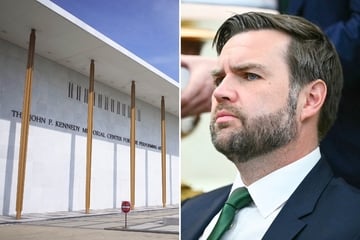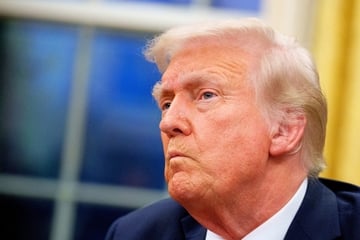The economy: Where do the 2024 presidential candidates stand?
Washington DC - The US economy is regularly rated as the biggest issue for voters going into the 2024 presidential election – so what are the candidates promising to do about it?
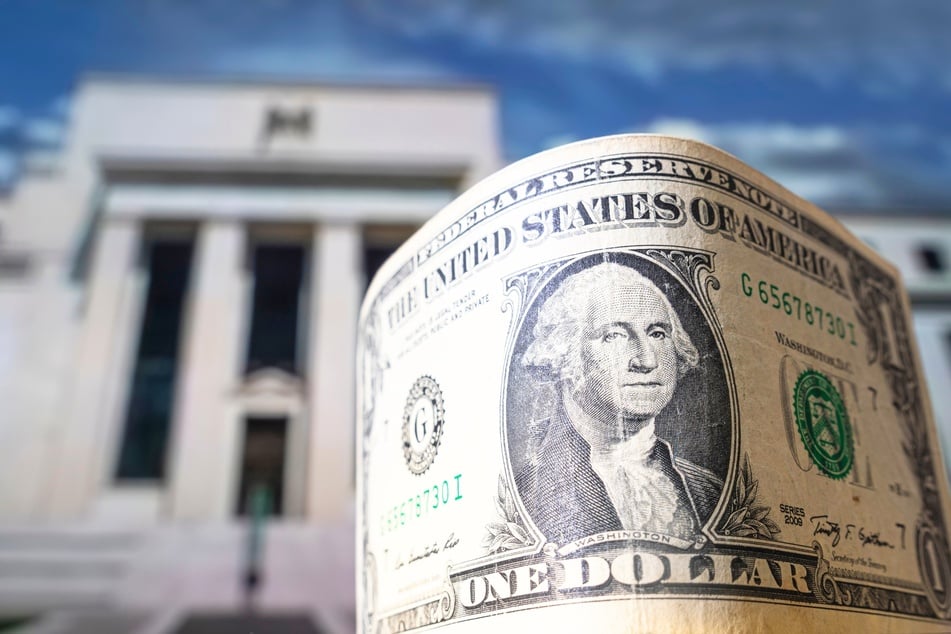
In 2024, federal agencies and the administration of President Joe Biden have reported that inflation has been easing, and the country has seen the creation of millions of jobs.
Despite these positive changes, a Pew Research Center poll found that 41% of US voters believe the economy is in "fair" condition, while 36% described it as "poor."
While statistics may suggest the economy is climbing upwards, many Americans continue to struggle, and have yet to feel the benefits of positive trends.
This has left many voters asking what presidential candidates plan to do for them and their families if they manage to win re-election.
With the election only days away, here is where the 2024 presidential candidates stand on economic issues.
Looking for more 2024 election coverage? Compare what the candidates have to say about other key issues:
Kamala Harris – Democratic Party
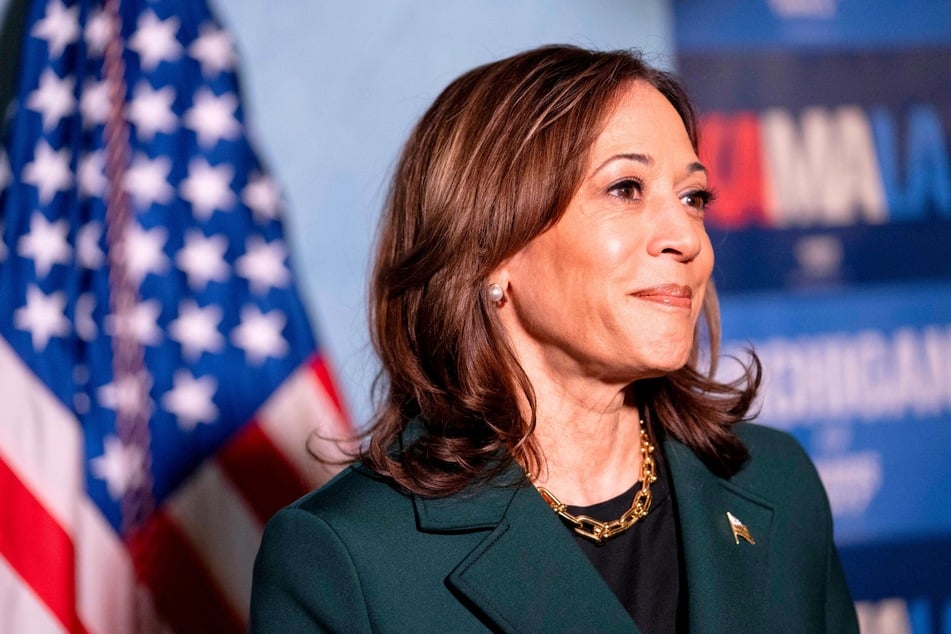
During a campaign event in North Carolina back in August – within days after she officially became the Democratic nominee for president after Joe Biden dropped out of the race – Harris unveiled her plans to build what she calls an "Opportunity Economy" if elected.
Harris is focused on advancing the "economic security, stability, and dignity" of America's middle class. She promised the plan will build an economy that will allow everyone to compete and succeed, build wealth for their family, and access tools to help small businesses.
As per her website, Harris' agenda focuses heavily on helping families with tax cuts for working people, expanded tax credits for families, lower food and grocery costs, lowering health care and prescription drug costs, lowering energy costs, and protecting consumers.
Her plan also includes helping new homeowners, investing in small and new businesses, and the implementation of a more "fair" tax code.
Donald Trump – Republican Party
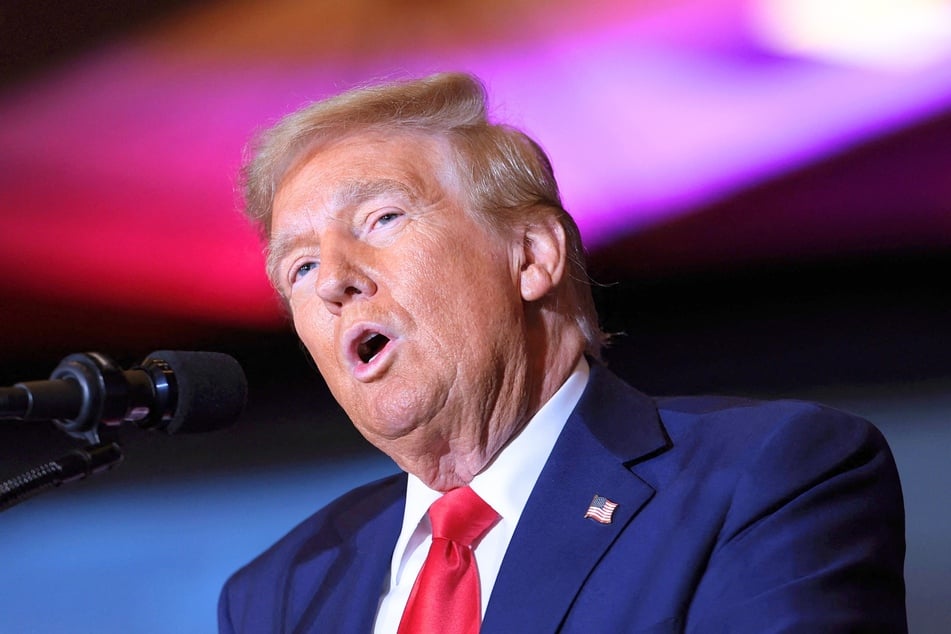
As per his campaign's Agenda 47, Trump vows to "reverse the worst Inflation crisis in four decades that has crushed the middle class, devastated family budgets, and pushed the dream of homeownership out of reach for millions."
Trump believes inflation can be defeated by expanding energy sources and lifting restrictions on them, cutting federal spending, and deporting millions of immigrants, as he falsely claims they "driven up the cost of housing, education, and healthcare for American families."
Part of his plan aims to "make the American Dream affordable again" by reducing mortgage rates for new homeowners, reduce the cost of higher education, expand access to affordable healthcare, and lower the costs of everyday goods and services.
In June, he began pushing a promise that he will eliminate taxation on tips given to workers in the service and restaurant industries.
The former president also describes his agenda as "a patriotic 'America First' Economic Policy," as he aims to empower American production and industry, "save" the auto industry, secure "independence" from China, and create protection for workers and industries.
Jill Stein – Green Party
Green Party presidential nominee Dr. Jill Stein has pitched what she calls a "People's Economy," which will implement an Economic Bill of Rights that will establish such rights as a guarantee to a livable income, housing, and health care for all.
Her plan includes establishing free public education, abolishing student loan debt, reduce taxes on income lower than $75,000 per household, breaking up of corporate monopolies, and taxing of the ultra-wealthy and giant corporations "heavily."
Claudia De la Cruz – Party for Socialism and Liberation
Party for Socialism and Liberation presidential candidate Claudia De la Cruz has been running on a staunchly anti-capitalist platform, in which she argues America should be transformed into a socialist system by seizing the 100 largest corporations from their billionaire owners and turning them "into public property – owned by the working class that created their vast wealth in the first place."
Under the new system, "Quality healthcare, education through college and beyond, free childcare, decent housing, and a living wage with union representation" would become constitutional rights.
Cornel West – Independent
Independent presidential candidate Dr. Cornel West describes his plans for the economy as "a profound moral crusade to ensure that the wealth of this great nation serves not the few, but the many."
His plan focuses on eradicating poverty and abolishing homelessness, establishing a universal basic income, raising the minimum wage to $27 per hour, breaking up corporate monopolies,
Chase Oliver – Libertarian Party
Libertarian presidential nominee Chase Oliver has promised to close regulatory loopholes, end all tariffs and social security, and abolish direct taxation authority for the federal government for any individual or entity.
The general election for president will take place on November 5, 2024, with early voting already underway in most states.
Cover photo: IMAGO / Pond5 Images
